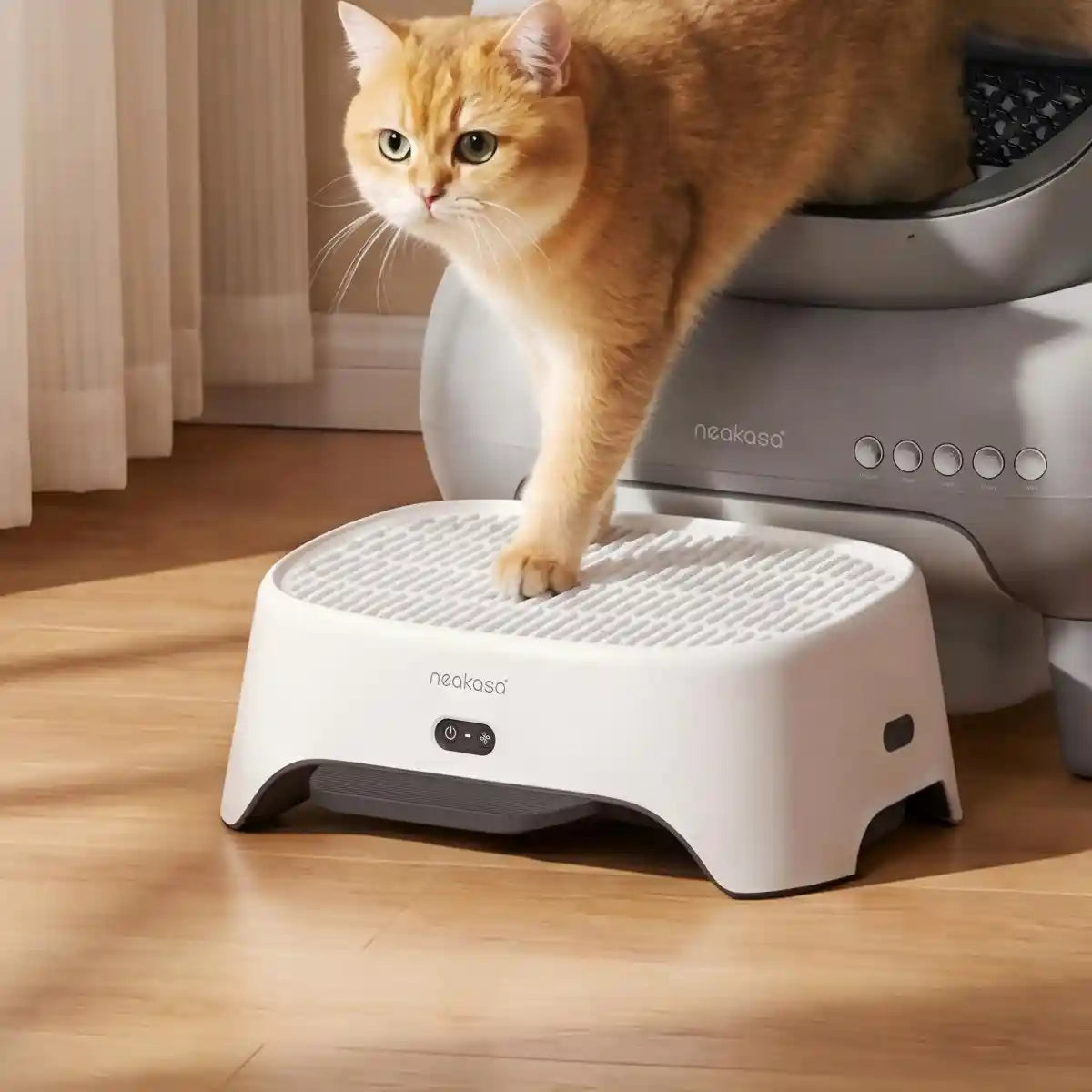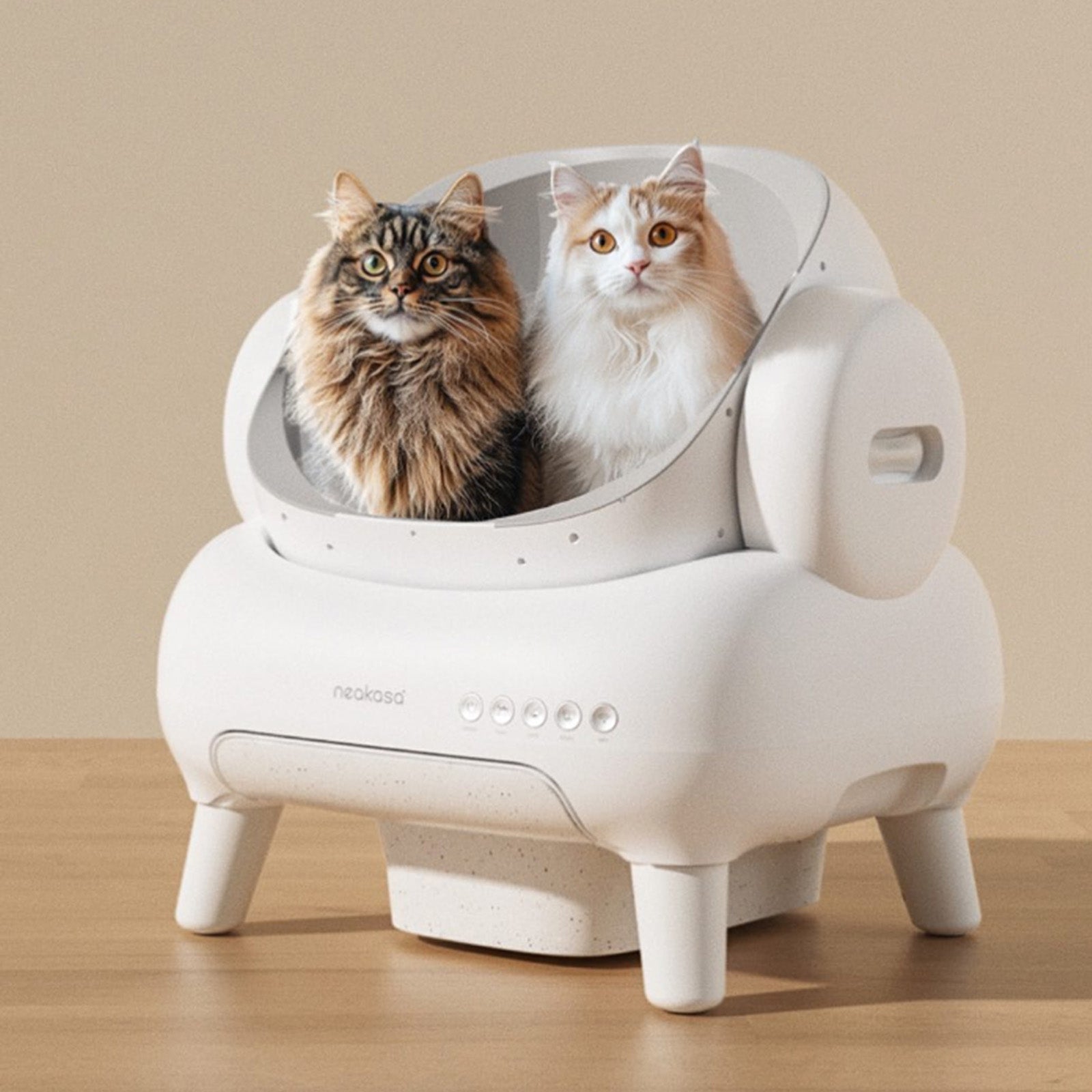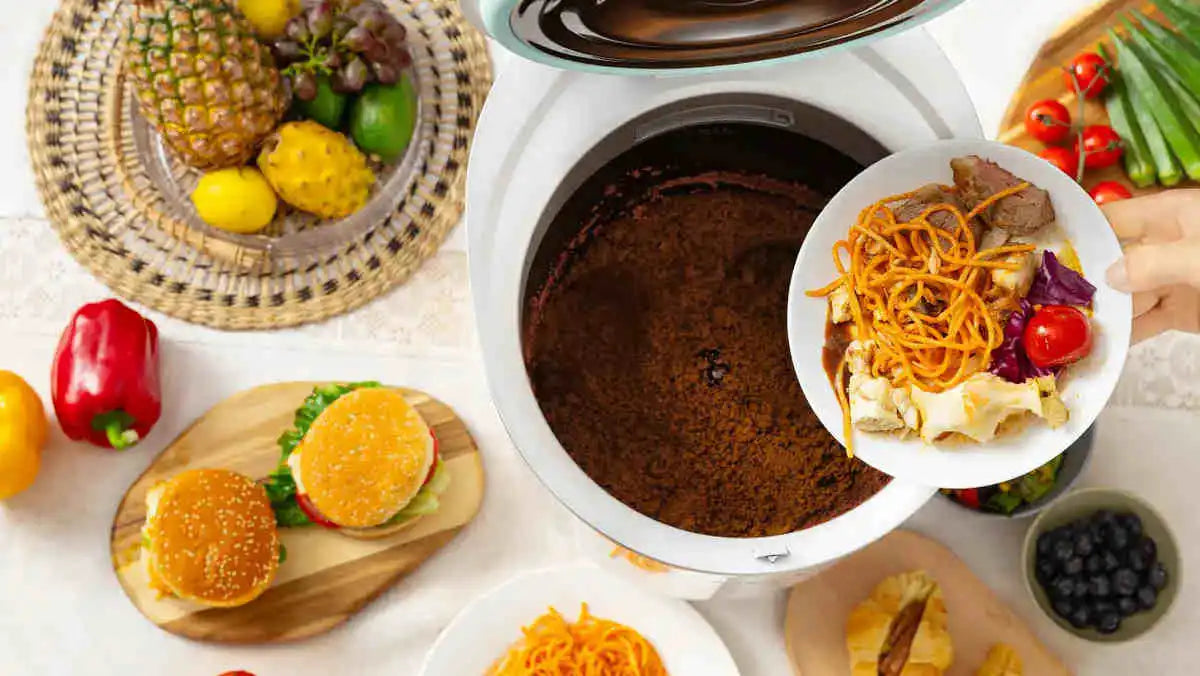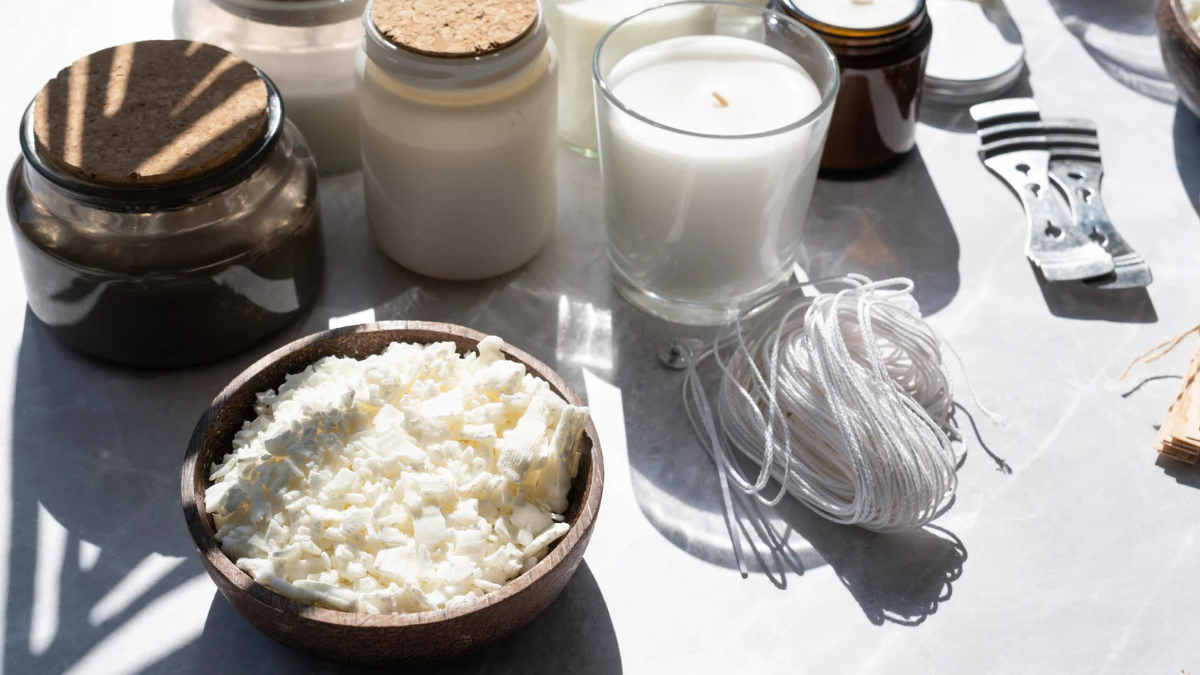Have you ever wondered what happens to all those banana peels, apple cores, and wilted lettuce leaves you toss in the trash? Composting is nature's way of recycling organic matter. It's a process where microorganisms break down plant and food waste into a rich, soil-like substance that gardeners often refer to as "black gold." But composting isn't just for green-thumbed enthusiasts – it's a practice that can benefit everyone, from city dwellers to suburban homeowners.
In this article, we'll explore the numerous benefits of composting, from its positive environmental impact to its economic advantages and garden-boosting properties. We'll also touch on how composting can improve our health and strengthen community bonds. By the end, you'll be itching to start your own compost pile!

Environmental Benefits of Composting
Reduces Landfill Waste
Did you know that food scraps and yard waste make up more than 28% of what we throw away? That's a staggering amount of organic material ending up in landfills, where it takes up valuable space and contributes to environmental problems. By composting, we can drastically reduce this waste.
Imagine if everyone composted their food scraps and yard trimmings. We could potentially divert millions of tons of waste from landfills each year! This not only extends the life of our existing landfills but also reduces the need to create new ones, preserving more land for natural habitats or human use.
Lowers Greenhouse Gas Emissions
Here's a shocking fact: when organic waste decomposes in landfills, it produces methane, a greenhouse gas that's 28 to 36 times more potent than carbon dioxide in trapping heat in the atmosphere.
But when we compost, we create an environment where organic matter can break down aerobically (with oxygen), significantly reducing methane production. Instead of contributing to climate change, your banana peels and coffee grounds can be part of the solution!
Moreover, using compost in your garden or farm can actually help sequester carbon in the soil. It's like creating a tiny carbon sink in your backyard. How cool is that?
Improves Soil Health
Compost is like a superfood for soil. It adds essential nutrients that plants need to thrive, including nitrogen, phosphorus, and potassium. But that's not all – compost also introduces beneficial microorganisms that help create a living, breathing ecosystem in your soil.
These microorganisms break down organic matter, making nutrients more available to plants. They also help create soil structure, improving drainage in clay soils and water retention in sandy soils. It's like giving your soil a complete makeover!
Healthy soil is more resistant to erosion, too. The organic matter in compost acts like a glue, helping soil particles stick together. This means less soil runoff during heavy rains, which is good news for our waterways and the creatures that live in them.
Economic Benefits of Composting
Saves Money on Fertilizers
Let's talk dollars and cents. If you're a gardener or farmer, you know that fertilizers can be expensive. But what if I told you that you could create your own super-fertilizer for free? That's essentially what composting does.
Compost provides a slow-release source of nutrients that can replace or reduce the need for commercial fertilizers. This not only saves you money but also reduces our dependence on synthetic fertilizers, which require significant energy to produce and can have negative environmental impacts.
Reduces Waste Management Costs
On a larger scale, composting can lead to significant savings in waste management costs. Municipalities that implement composting programs often see a reduction in their waste hauling and landfill fees. These savings can be passed on to residents or used to fund other community projects.
For example, San Francisco, a leader in municipal composting, diverts about 80% of its waste from landfills, saving millions in landfill fees each year. Imagine if every city did this – the collective savings would be enormous!
Benefits for Your Garden
Enhances Plant Growth
If you want your garden to truly thrive, compost is your secret weapon. Plants grown in compost-enriched soil are often healthier and more productive. They develop stronger root systems, are more resistant to pests and diseases, and often produce higher yields.
Think of compost as a multivitamin for your plants. It provides a balanced mix of nutrients that are released slowly over time, exactly when your plants need them. This steady supply of nutrients leads to stronger, more resilient plants that can better withstand environmental stresses like drought or extreme temperatures.
Improves Soil Structure
Good soil structure is crucial for plant health, and compost is a master at improving it. It helps break up clay soils, preventing them from becoming too compact and allowing roots to penetrate more easily. In sandy soils, compost acts like a sponge, helping the soil retain moisture and nutrients that would otherwise wash away.
The result? Soil that's easier to work with and provides an ideal environment for plant roots. It's like creating a cozy home for your plants, complete with all the amenities they need to thrive.
Increases Water Retention
In these times of increasing water scarcity, compost's ability to improve water retention in soil is more valuable than ever. Soil enriched with compost can hold up to 20 times its weight in water!
This means you'll need to water less frequently, saving both water and time. Your plants will be happier too, as they'll have a more consistent supply of moisture, even during dry spells. It's a win-win for you and your garden.

Health and Community Benefits of Composting
Promotes Healthier Food
When you use compost in your vegetable garden, you're not just growing bigger plants – you're growing more nutritious food. Studies have shown that vegetables grown in compost-enriched soil often have higher levels of vitamins and minerals than those grown with synthetic fertilizers.
Plus, by reducing or eliminating the need for chemical fertilizers and pesticides, you're growing food that's free from potentially harmful residues. It's like having your own organic produce section right in your backyard!
Builds Community Connections
Composting can be a great way to connect with your community. Many neighborhoods have started community composting programs, where residents can bring their food scraps to a central location. These programs not only divert waste from landfills but also create opportunities for neighbors to meet and work together towards a common goal.
Some communities even use the finished compost in community gardens, growing fresh produce for local food banks. It's a beautiful cycle of waste reduction, community building, and giving back. Who knew your banana peels could do so much good?
How to Compost
Here are some simple steps to get you started:
- Choose your composting method: You can start a simple backyard pile, use a compost bin, or even try indoor vermicomposting (composting with worms).
- Gather your materials: You'll need a mix of "green" materials (like food scraps and fresh grass clippings) and "brown" materials (like dry leaves and newspaper).
- Layer your materials: Start with a layer of browns, then add greens, and cover with more browns. Aim for a ratio of about 3 parts browns to 1 part greens.
- Keep it moist: Your compost pile should be about as damp as a wrung-out sponge.
- Turn it regularly: Every week or two, use a pitchfork to turn the pile. This adds oxygen, which speeds up the decomposition process.
- Be patient: Depending on your method and materials, it can take anywhere from a few months to a year to get finished compost.
If you think composting is too complicated for you, or you don't have enough time and patience to compost, then you can consider buying an electric composter. Just pour the food waste in, turn off the machine and start waiting. The Neakasa Moreborn kitchen composter can automatically convert your food waste into nutritious fertilizer. Usually, it only takes 48 hours for them to be converted into high-quality organic fertilizer for gardens or indoor plants.
Conclusion
Composting is truly a win-win-win situation. It's good for the environment, beneficial for your garden, and can even save you money. By turning our food scraps and yard waste into "black gold," we're not just reducing waste – we're creating a valuable resource that nourishes our soil and plants.
Whether you're an avid gardener, an environmentally conscious citizen, or just someone looking to reduce your waste, composting is a simple yet powerful way to make a positive impact. So why not give it a try? Your plants (and the planet) will thank you!










Leave a comment
This site is protected by hCaptcha and the hCaptcha Privacy Policy and Terms of Service apply.